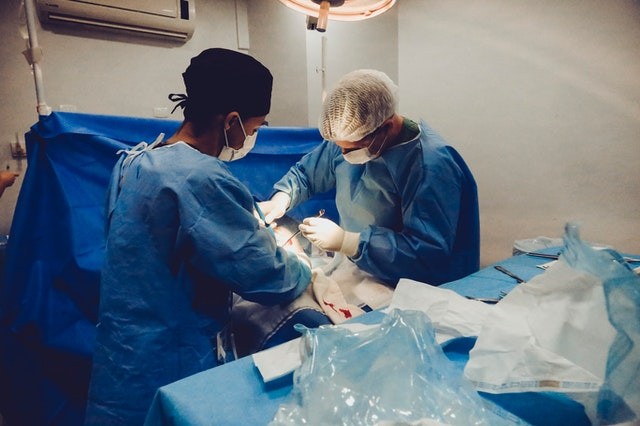China has recorded the fourth case of rabies caused by organ transplantation since 2015. A study has reported that the fourth case of rabies was reported in China in January 2019, with the condition of one per year in the last four years.
Quite different from the other cases of rabies, the last case has no epidemiological histories of exposure or rabies-related symptoms from this patient.
While the deceased recipient of the renal organ was a 38 years old female, the donor was a 57 years old farmer.

ALSO READ - The Terrifying Science Of Rabies
The Study
The 57 years donor of the renal organ was admitted for contiguous abdominal pain and syncope in November 2018. After a series of tests, no abnormalities were noted on a computed tomography scan of the brain.
But the study noted that "After the anti-inflammatory and analgesic treatment, the patients' conditions improved but with worsened abdominal pain."
With this result, the hospital transferred him to another hospital, hospital B where he was later found to be suffering from acute intestinal blockage
As the patient's condition continued to worsen, he was declared brain dead and a family member suggested an organ donation program.
According to the study, "Since the donor had no contraindications in donating the organs, verified through related examinations and experts' evaluations, a total of five organs, including left and right corneas, double kidneys, and liver were transplanted to 5 recipients, respectively."
The deceased 38 years old female uremia patient was a recipient of a renal organ harvested from the 57 years old man. She received the renal transplant at Hospital C on November 11, 2018.
Two weeks later, the patient recovered and was discharged with all regular post-examination items.
Unfortunately, the recovery was short-lived as the recipient developed a fever and occasional swallowing challenges while drinking water.
She was rehospitalized on January 3, 2019, and developed aerophobia, right throat, chills, frequent urination, and hyperhidrosis.
On the fourth of January, more symptoms started to emerge, they included fever, cyanosis of lips, vomiting, cold limbs, and tightness of the throat
Together, shock occurred with the loss of consciousness and insensitivity to light (pupils were equal and round bilaterally). Finally, recipient No.1 was declared dead," the study pointed out.
Before she died, she was reported to have raised a dog for about 2-3 years but had no history of animal bites, injections of rabies immunoglobulin, or vaccinated with the rabies vaccine. The two saliva specimens collected tested positive to RVNA.

The Other Recipients
Surprisingly, the other four recipients of organs harvested from the donor didn't develop rabies-related symptoms. Nonetheless, they were given rabies immunoglobulin and vaccinated.
In addition, the recipients were given a modified classical Essen scheme, also known as the five-dose method. It was used to double the first injection dose and serum specimens were collected three times, before injection.
A titer of RVNA showed a higher than 0.5 IU/mL and considered to be protective.
This study suggests that "To avoid the recurrence of rabies caused by OT, active screening of rabies for the donors with neurological symptoms is needed."
RELATED ARTICLE - 158 Health Care Workers Exposed To Rabies In France - First Case In Over A Decade
For more news, updates bout organ transplantation and similar stories, don't forget to follow Nature World News!
© 2025 NatureWorldNews.com All rights reserved. Do not reproduce without permission.





